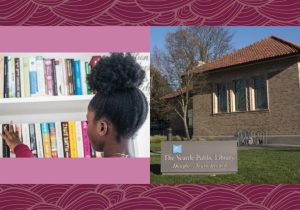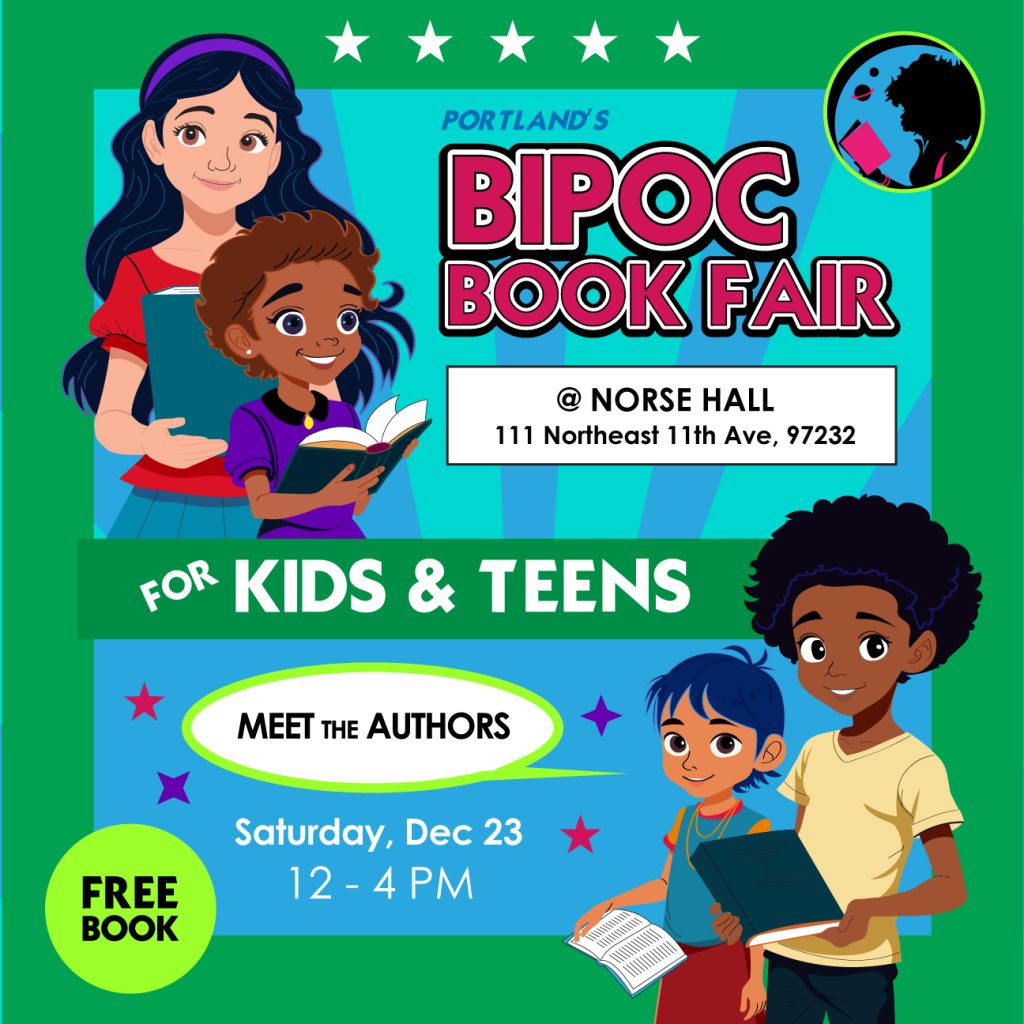For immediate release
Seattle, WA, April 2, 2025 The Carl Brandon Society Steering Committee is honored to announce the winners of the 2020 Parallax and Kindred Awards. “Despite the considerable delay in our announcement,” said Carl Brandon Society Steering Committee member Nisi Shawl, “we are excited to honor the writers our jurors selected after rigorous review and discussion.”
The Carl Brandon Parallax Awards are given to outstanding works of speculative fiction created by self-identified people of color. This award includes a $1,000 cash prize. Past winners include Akwaeke Emezi, Andrea Hairston, and Karen Lord, to name a few.
The winners of the 2020 Carl Brandon Parallax Award are The Space Between Worlds, by Micaiah Johnson, from Del Rey, an imprint of Penguin Random House, for the long form category and “The Genetic Alchemist’s Daughter,” by Elaine Cuyegkeng, included in Black Cranes: Tales of Unquiet Women, from Omnium Gatherum Media for the short form category.
The 2020 Carl Brandon Kindred Award winners are Deathless Divide, by Justina Ireland, from Balzer + Bray, an imprint of HarperCollins, for the long form category and “Exile’s End,” by Carolyn Ives Gilman, from Reactor Magazine, for the short form category.
“The jury considers works published in the preceding year. So these winners were published in 2020, the jury deliberated in 2021, and then the pandemic complicated matters for us,” explained Carl Brandon steering committee member Yang-Yang Wang. “All winning authors will receive a $1,000 cash prize in addition to the physical award.”
The honors list for the 2020 Parallax Award is Black Cranes: Tales of Unquiet Women, edited by Lee Murray and Geneve Flynn, “12 Worlds Interrupted by the Drone,” by Fargo Tbakhi, A Phoenix Must Burn, edited by Patrice Caldwell, and “A Guide for Working Breeds,” by Vina Jie-Min Prasad.
The honors list for the 2020 Kindred Award includes Ring Shout, by P. Djèlí Clark, and “Sunless Halls,” by Donyae Coles.
The 2020 Carl Brandon Society Parallax and Kindred Awards jury members were Evelyn Teng, Emily Teng, Julia Rios, Maria Velazquez, and Chloe Wiggins.
We are grateful to the Short Story Club for the donation that made it possible for us to expand our awards to recognize short stories and novels separately, and to our other donors who help us continue that separate recognition.
About the Carl Brandon Society:
Founded in 1999, the Carl Brandon Society works to foster understanding and recognition of the contributions of people of color to the speculative fiction genre. Through awards, scholarships, and programming, the Society advocates for greater diversity in speculative literature.
Media Contact:
Carl Brandon Society
Email: info@carlbrandon.org
Website: www.carlbrandon.org


